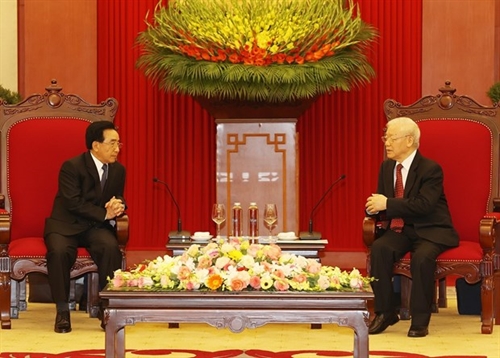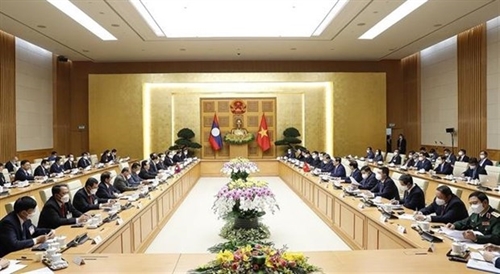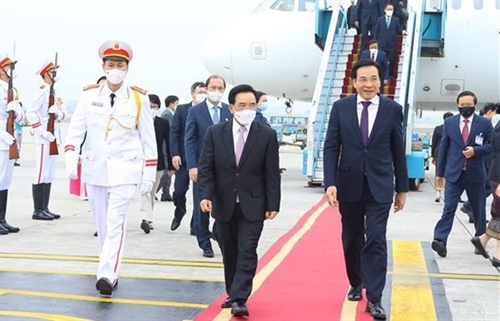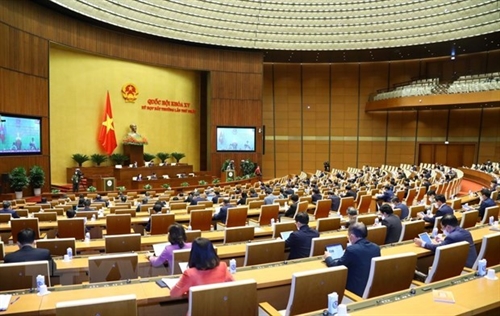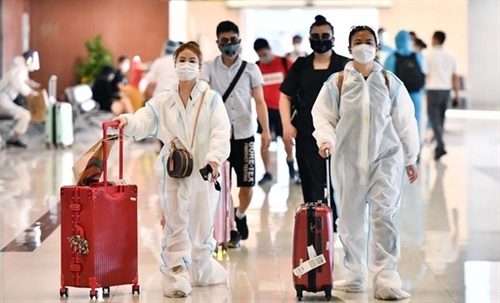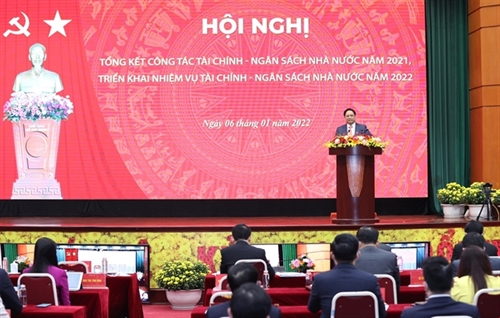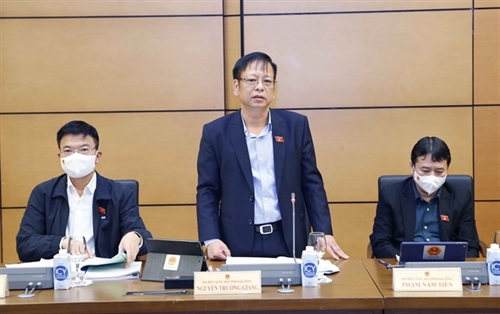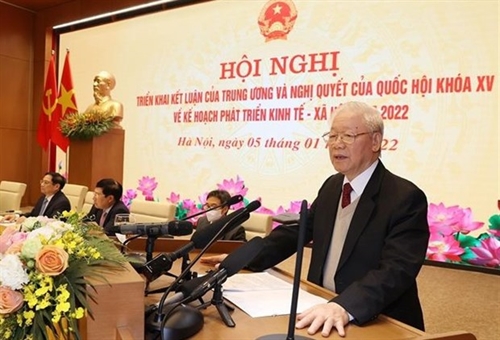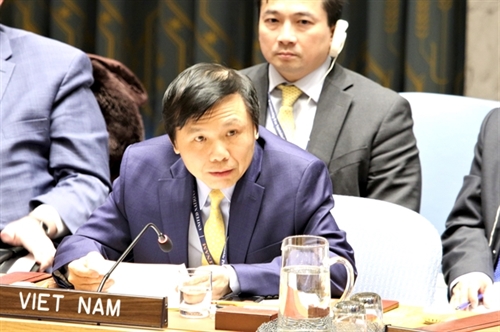Vietnam will discontinue automatic stay extension for foreign nationals in the country starting January 15, as the country tentatively reopens its borders, according to a notice from Immigration Department.
For further information, foreign nationals are advised to contact the immigration department via telephone number 02439 387 320 or email foreigners@immigration.gov.vn.
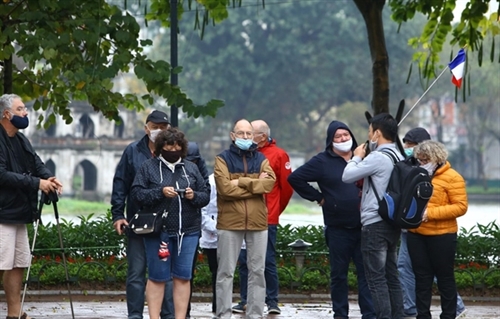 |
| Foreign citizens visiting Hoan Kiem Lake in Hanoi in February 2021__Photo: VNA |
The policy was put in place after Vietnam started imposing stringent border control measures, essentially halting all foreign entries into the country, in March 2020 as a response to the emergence of coronavirus.
Foreigners who entered Vietnam on visa waivers, e-visas or tourist visas from March 1, 2020 were entitled to an automatic stay extension until October 31, 2021 and could depart Vietnam without having to apply for an extension.
For those who entered Vietnam before March 1, 2020, the same automatic stay extension until October 31, 2021 was subject to provision of proof that the person was stranded in Vietnam due to COVID-19, accompanied by a diplomatic note (with Vietnamese translation) from diplomatic missions, or a written document from Vietnamese authorities confirming that the person was required to undergo mandatory quarantine or treatment for COVID-19, or advice of other force majeure. The person is required to present the diplomatic note or written document on departure from Vietnam.
The country has since allowed some limited entries, including repatriated Vietnamese citizens, along with foreign diplomats, business executives, highly skilled workers and technicians, and students – mostly on chartered flights.
Vietnam restarted regular commercial regular flights on a pilot basis starting January 1, 2022, to six popular destinations with high safety: Beijing/Guangzhou (China), Tokyo (Japan), Seoul (South Korea), Taipei (China), Bangkok (Thailand), Singapore, Vientiane (Laos), Phnom Penh (Cambodia), and San Francisco/Los Angeles (USA).
The arrivals have to be fully vaccinated against COVID-19 or recently recovered from COVID-19 as well showing proofs of COVID-19 negative tests.- (VNS/VLLF)

